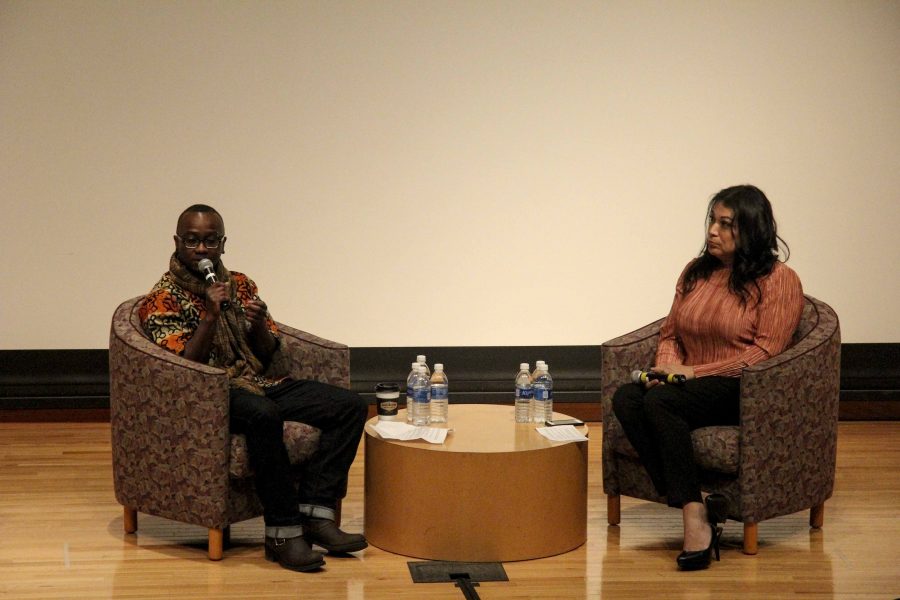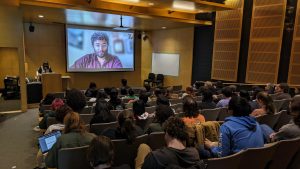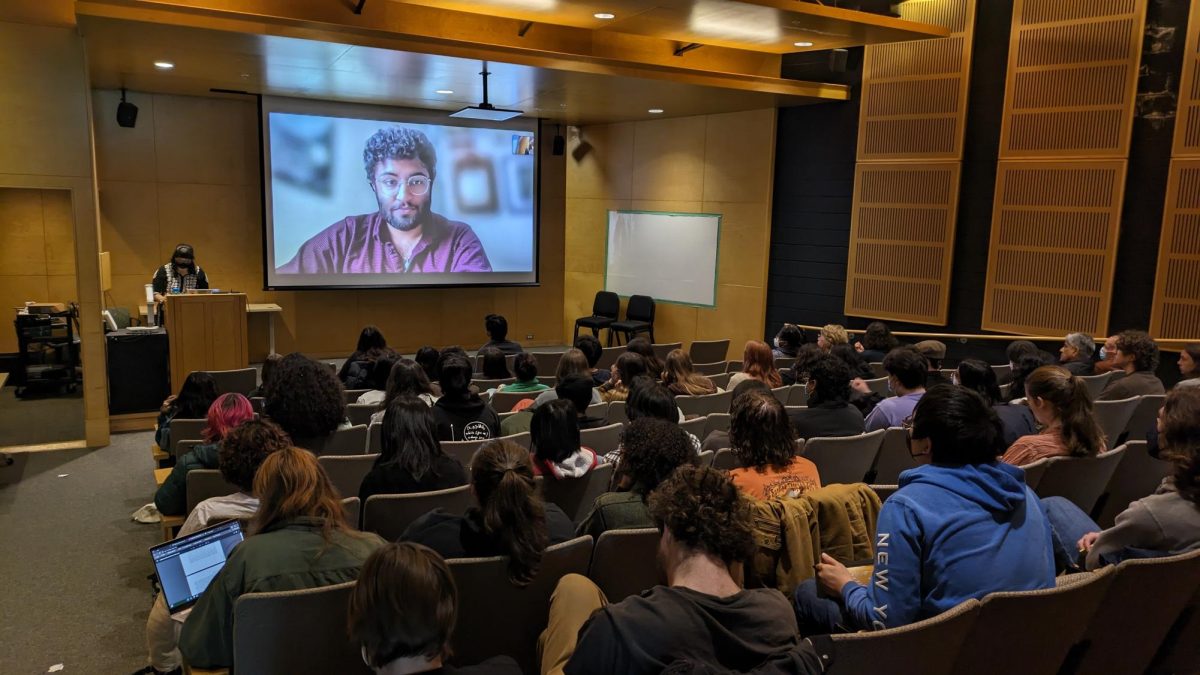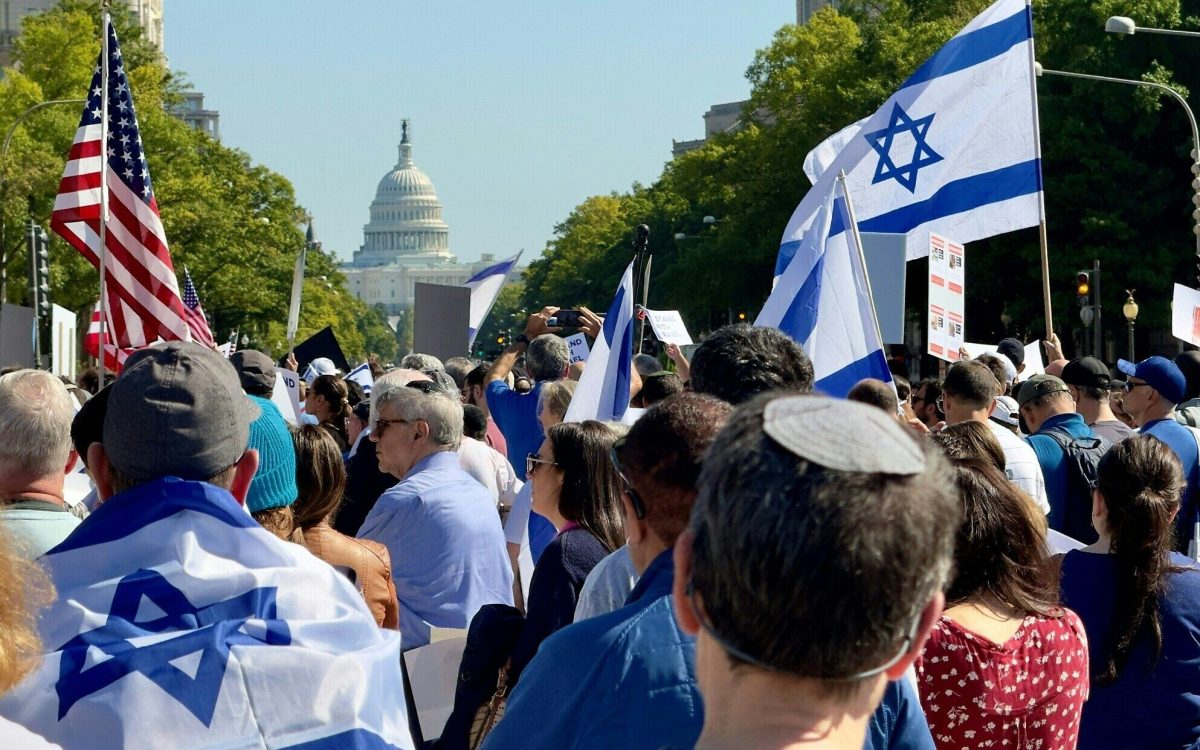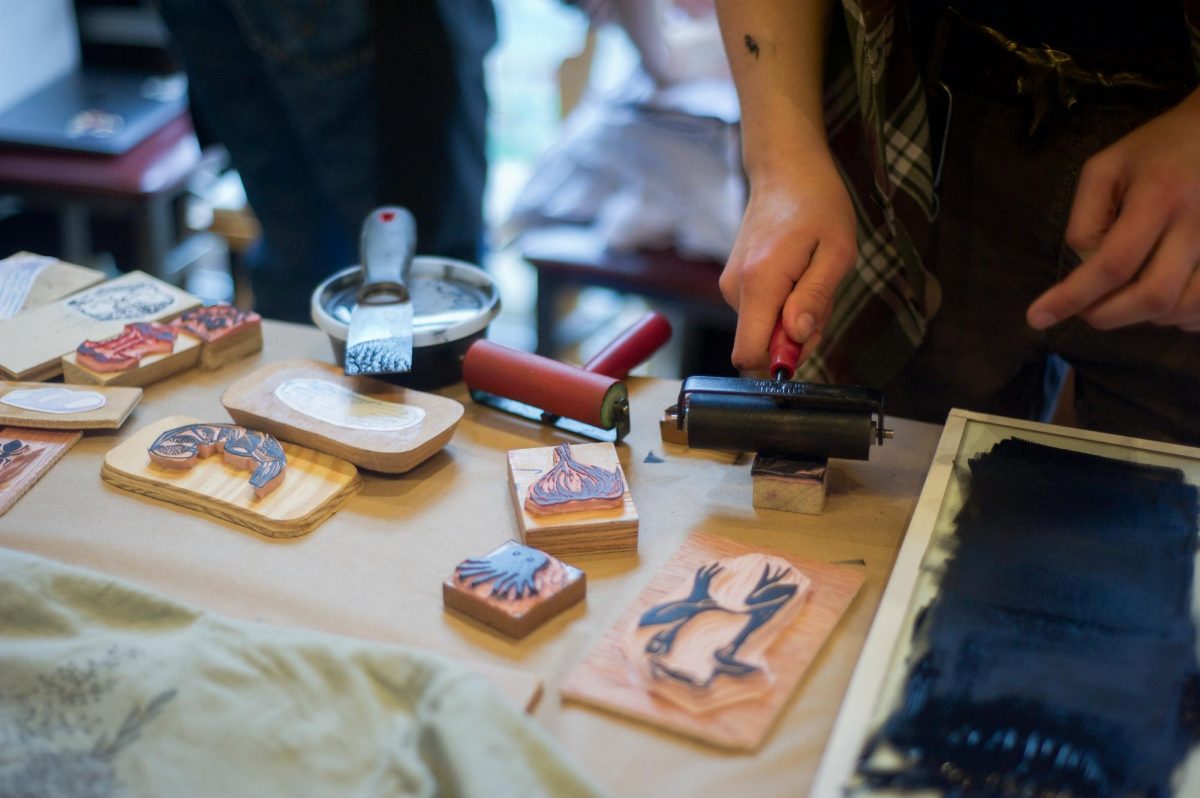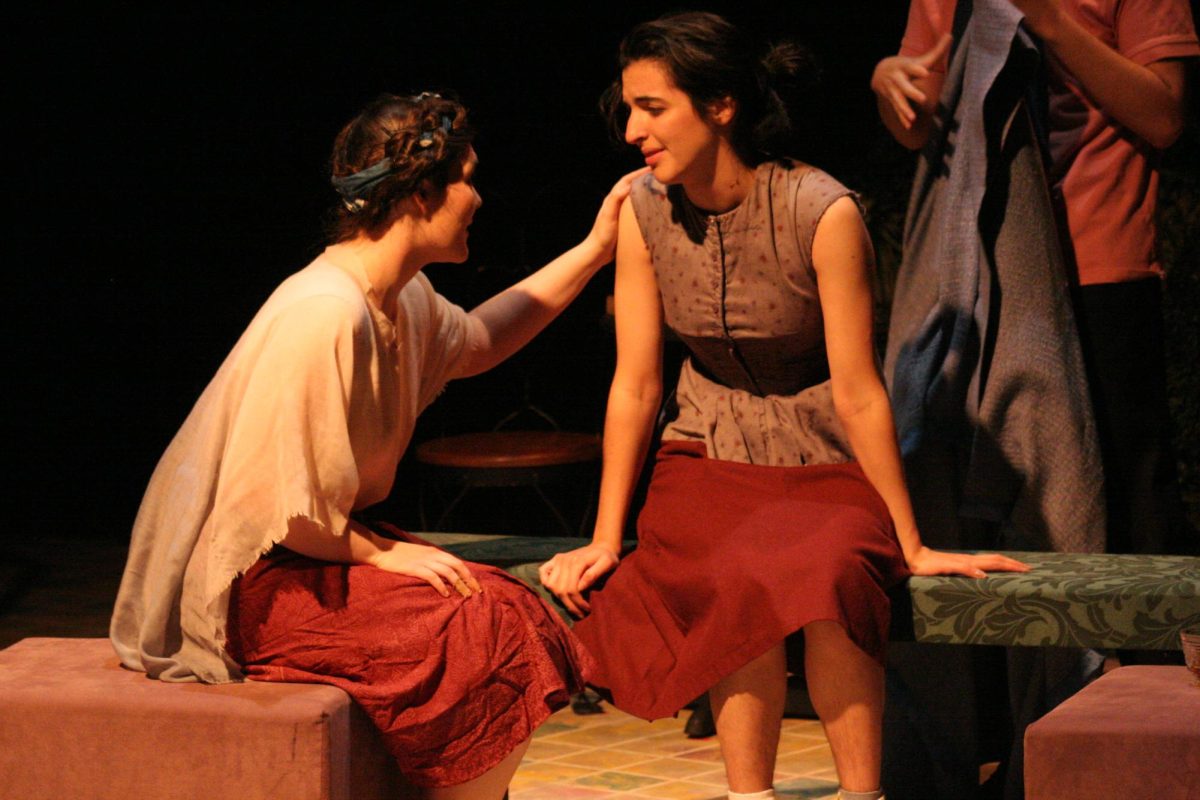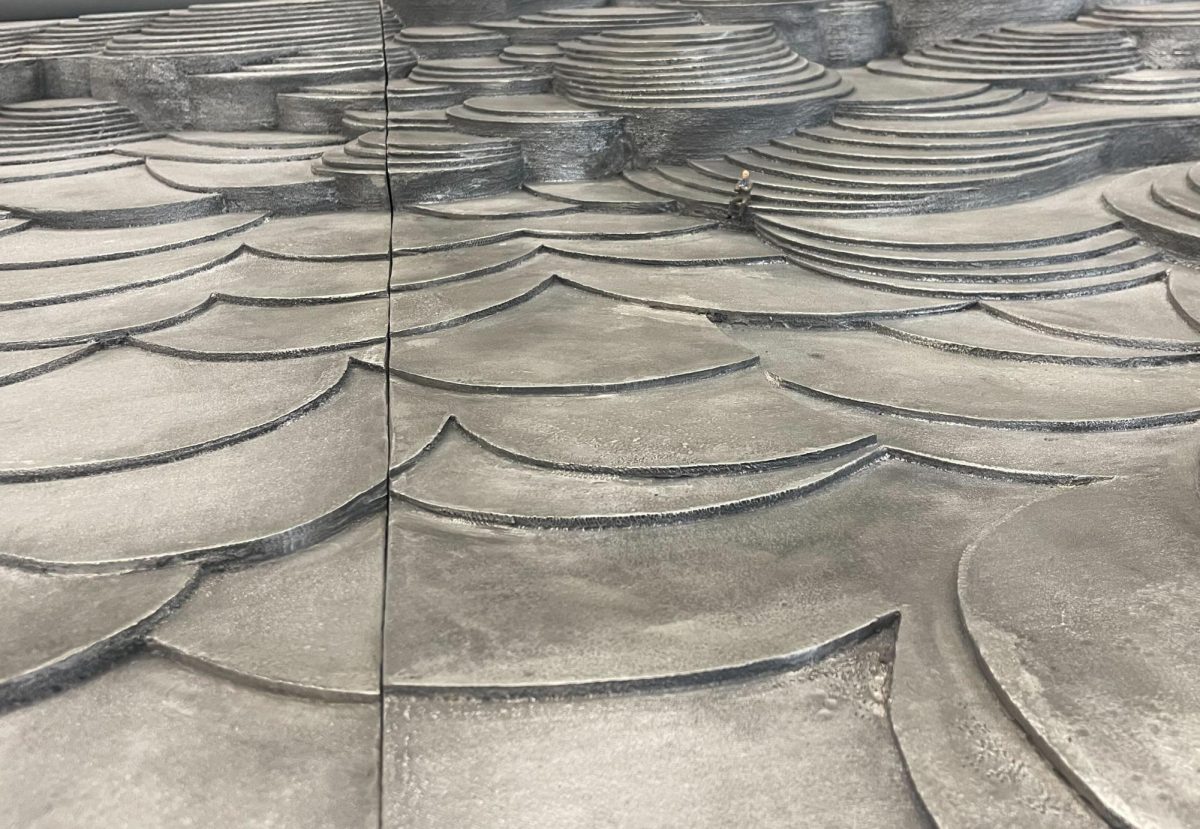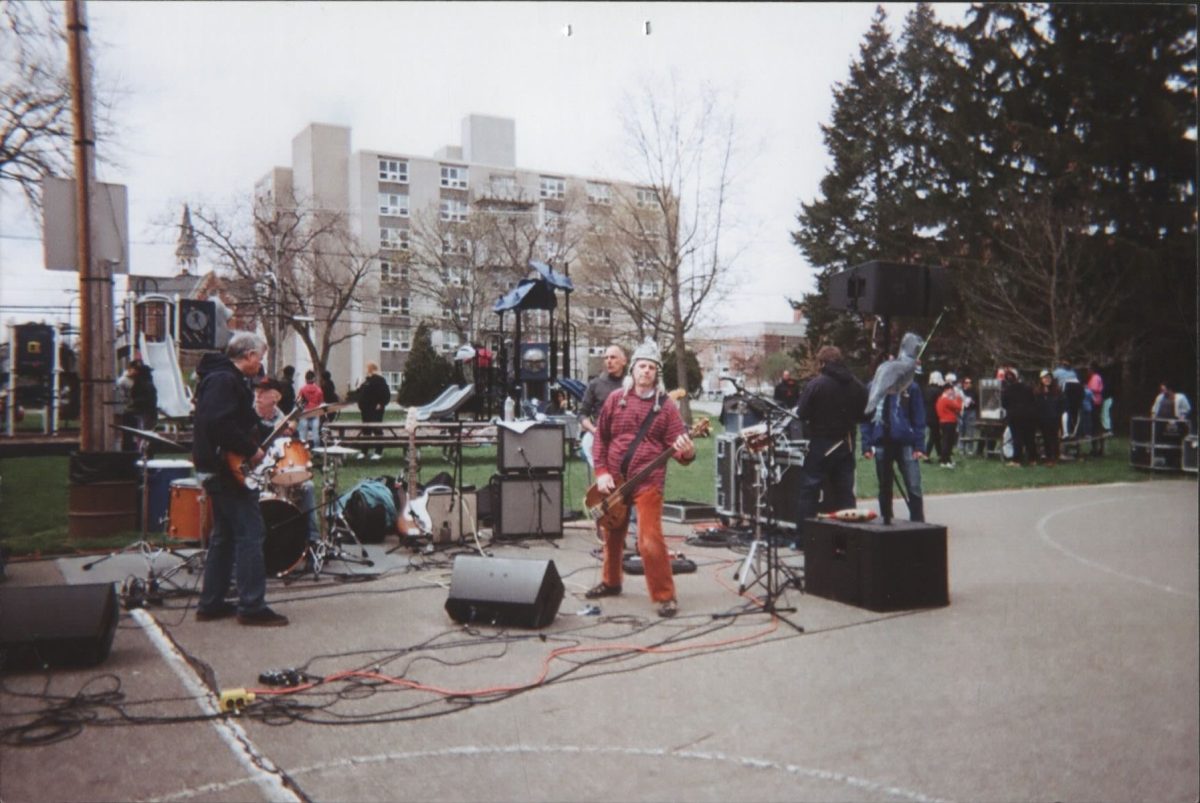My Name is My Own: Life, Love, and Resistance
Undocumented trans activists Ola Osaze (left), Nigerian-born, and Jennicet Gutiérrez, who came to the U.S. from Mexico in her teens, interview one another in front of an audience at My Name is My Own, an event hosted by the Multicultural Resource Center in Dye Lecture Hall Thursday night. My Name is My Own’s primary mission is to provide institutional support to Oberlin communities that identify as queer and of color in the broadest senses of those words. Discussion topics ranged from political promises by current and past administrations in the face of increasing violence against Black, brown, trans and immigrant bodies to the importance of self love and joy in social and political climates that provide little of either to minority communities across the board.
March 3, 2017


